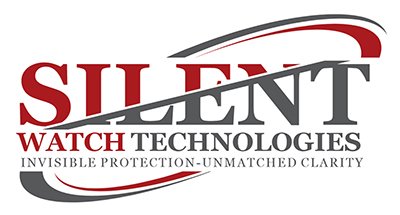The Importance of Body Worn Cameras in Modern Security
Body worn cameras (BWCs) have become essential tools in both law enforcement and private security sectors. These devices serve to enhance accountability and transparency, acting as impartial observers during critical interactions between officers and the public. By providing an objective record of events, BWCs contribute significantly to resolving disputes and clarifying the circumstances surrounding incidents, which ultimately fosters trust within communities.
In recent years, numerous law enforcement agencies have successfully implemented body worn cameras, leading to notable improvements in community relations and a reduction in complaints against officers. For instance, the Rialto Police Department in California reported a 88% decrease in use-of-force incidents after adopting BWCs, demonstrating their effectiveness in moderating both police behavior and public expectations. Similarly, the use of body worn cameras in the United Kingdom has garnered positive feedback, with many officers noting that the mere presence of a camera influences behavior, leading to de-escalated encounters.
Technological advancements have significantly improved the functionality of body worn cameras. Modern devices now feature high-definition video quality, ensuring that recorded footage captures clear details essential for investigations. Furthermore, many BWCs are equipped with night vision capabilities, enabling effective documentation of events in low-light situations, which is particularly crucial during nighttime patrols. Wireless data transfer has also revolutionized how footage is stored and accessed, allowing for seamless uploads to secure cloud storage or agency databases, thus improving evidence management and retrieval times.
In conclusion, the significance of body worn cameras in modern security cannot be overstated. Their role in enhancing accountability, promoting transparency, and providing crucial evidence during investigations marks them as indispensable tools for law enforcement and private security personnel alike. As technology continues to evolve, so too will the capabilities and applications of body worn cameras, ensuring their relevance in the ongoing efforts to promote safety and uphold justice.
Undercover Surveillance: Balancing Discretion and Effectiveness
Undercover surveillance products play a pivotal role in enhancing security and crime prevention across various sectors. These tools are specifically designed to collect information discreetly while minimizing the risk of detection. Such capability is indispensable in fields like law enforcement, corporate security, and covert investigations. The effective use of surveillance technology allows professionals to perform their tasks while ensuring adherence to privacy and ethical standards.
Among the various types of undercover equipment, hidden cameras and audio devices are the most frequently employed. Hidden cameras can be installed in inconspicuous locations, capturing vital visual evidence without alerting the subjects being monitored. Similarly, audio devices can record conversations discreetly, providing critical information in situations where overt methods would be ineffective or risky. Wearable technology, such as microphones embedded in clothing or glasses with built-in cameras, allows operatives to gather intelligence seamlessly in real-time, further enhancing the effectiveness of surveillance efforts.
Implementing undercover surveillance, however, necessitates a careful balance between effectiveness and discretion. Ethical considerations are paramount, as surveillance activities can encroach upon individual rights and privacy. It is crucial for organizations utilizing these products to have a clear understanding of the legal frameworks governing surveillance in their respective jurisdictions. Adhering to these regulations is essential to prevent potential legal issues and to safeguard individuals’ rights.
Training is another vital aspect of effective undercover surveillance. Personnel must be equipped with the knowledge and skills required to operate surveillance equipment responsibly while remaining aware of the ethical implications of their actions. By emphasizing proper training and compliance with legal guidelines, organizations can ensure that undercover operations are conducted with respect for privacy and accountability, thus enhancing both safety and integrity in their investigative practices.
